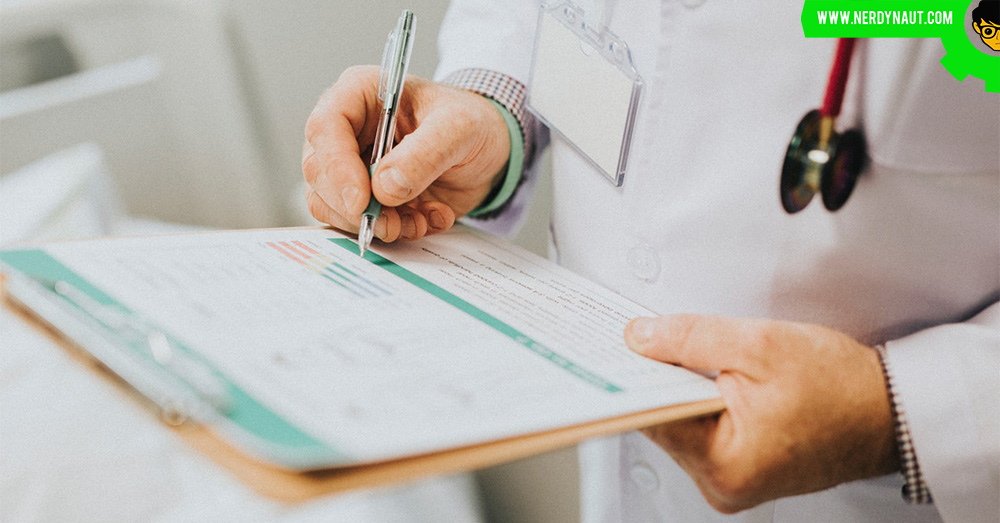
Is it possible you have a hernia? Perhaps by knowing what a hernia is you will know. A hernia is caused by either fatty tissue or an organ pushing itself through a weak spot in the muscle wall or connective tissue. In time, hernias may get bigger, or in rare cases, they may lead to complications that can be life-threatening. The size or symptoms of a hernia determines whether the hernia needs surgery or immediate treatment.
The most common location of a hernia is in the abdomen. However, they may also appear in the groin areas, on the upper thigh, or at the belly button. Most of the time, a hernia isn’t life-threatening, but they won’t just go away by themselves. In order to prevent possible dangerous complications, a hernia may need surgery. Before you get hernia surgery, there are some important things to know about.
1. Your Doctor Should Recommend Surgery
If you do develop a hernia, you should consult with a doctor to determine the best treatment or whether you need surgery. If any of the following complications happen concerning your hernia, your doctor may recommend surgery.
The hernia becomes painful and uncomfortable or the hernia gets larger.
If incarceration occurs, you should consider surgery. Incarceration is the trapping of tissue in the wall of the abdomen. If the incarceration of your hernia isn’t treated promptly, the blood supply to your hernia will be cut off and strangulation may occur.
If the hernia becomes strangulated, permanent damage may be caused. This permanent damage may become a surgical emergency. You could become seriously ill if your organs are strangulated and die, and they aren’t removed quickly. You may develop a fever, suffer from nausea, experience sudden pain getting worse, or your hernia will become purple, red, or dark.
2. You can Postpone Surgery
It isn’t always necessary to have surgery right away. If the following happens, you should wait to have surgery.
When you lie down, your hernia goes away, or it goes away when you push it back into your stomach.
Your hernia is small and it only causes a few or no symptoms. Often times if this occurs, you may never need surgery.
If either of the above two possibilities is true for you, you should seek your doctor’s advice. He or she should then monitor your hernia during your yearly check-ups.
3. There are Risks to Hernia Surgery
Hernia surgery is usually safe. However, there are some possible complications that include:
- The wound could become infected.
- Blood clots could develop. This is because when you’re under anesthesia you don’t move for a long time period following surgery.
- You will have pain in the area as you heal in most cases. You may develop a long-lasting and chronic pain after your surgery. According to experts, some of your nerves could become damaged by the procedure.
- Usually, laparoscopic surgery causes less pain than surgery done using an open procedure method.
After your surgery, complications from a hernia mesh may recur. This risk of complications can, however, be reduced if a mesh is used properly.
If a hernia mesh was used in your surgery, you may suffer from the pain of complications from a hernia mesh. According to the Food and Drug Administration, the mesh may not only cause pain, but it may also become infected, cause your hernia to recur, cause adhesion and bowel obstruction. The mesh has also been known to shrink or migrate.
4. There are Non-Surgical Hernia Treatments
If you wear supportive undergarments such as a binder, truss, or corset, it could gently apply pressure to your hernia and keep it in place. These garments can lessen both your pain and discomfort. You can use these garments to get temporary relief until your surgery is scheduled or for long-term relief. Another method of pain reduction could be yoga. Always consult with your doctor regarding the use of these undergarments or yoga before trying either one.
5. You can Treat an Inguinal Hernia Without Surgery
The following will help you to prevent your pain caused by a hernia:
- You can wear a hernia belt.
- You should try to hold your hernia with your hand when you cough, sneeze, or strain.
- When walking, walk lightly.
- Avoid eating foods that inflame your intestines such as gluten.
- Strengthen your inner and outer obliques, and transverse your abdominals by exercising. Yoga breathing exercises will also help to strengthen your abdominal muscles.




